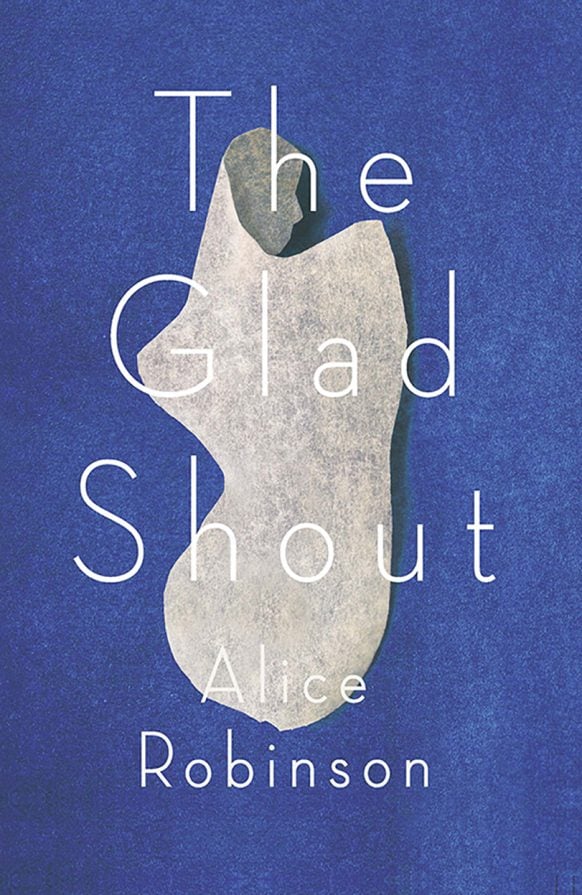The Glad Shout by Alice Robinson
The Glad Shout by Alice Robinson is a slap-in-the-face call to curb our excesses before the earth says “enough” and turns on us; and it’s a story about the extremes that a mother will go to, to protect her child.
Isobel, Shaun and their three year old daughter Matilda are fleeing a virtual tsunami that has swamped Melbourne. Together with thousands of other survivors, they find themselves barely surviving in an overcrowded camp, with food and water fast becoming scarce. In the camp, Isobel sees “that the trappings of their humanity are not immovable foundations, but a thin veneer, like wallpaper. It is a terrifying thought.”
Robinson skilfully weaves the stories of three generations of mothers: Isobel, her mother Luna and her grandmother Karen. Through the backward glance of these personal dramas, we are also shown the ever-increasing impacts occurring to the world as climate change effects every aspect of life as we now know it. Isobel comments to another survivor , “I really don’t understand how this could have even happened here – not in a country like this. Surely someone had time to warn us? I think we are getting plenty of warning, but choosing to ignore it, to our peril.”
There is a strong ecological message in The Glad Shout, but the novel is much more than that. It is a meditation on motherhood, in all its messiness, harshness, and exhaustion, beauty and ferocity. It is shockingly honest, and any mother reading it will find themselves cringing and nodding in agreement as these women traverse the minefield of being a mother. Isobel realises that “the weight she feels for Matilda is so heavy…so all-consuming that [she] feels hollowed by the burden.”
There are so many thoughts and musings about mothers and daughters in this book, I could make a list of quotable quotes, so will only share some highlights. There is a moment in the midst of the horror and deprivation, where Isobel shares a laugh with another mother and she thinks “There’s something about being mothers, primal and binding… Women were probably laughing together conspiratorially in the earliest caves… Some things don’t change.”
Another time, when her daughter Matilda asks Isobel if she is going to die, Isobel thinks “So much of the work of motherhood seems to reside in the space between what she can explain easily and what she can live with having failed to properly impart.”
There is a terrible moment when a young mother’s baby dies, and “Isobel wonders if a mother is still a mother, even without her child. Children without parents are orphans, but there is no word in English for the opposite, the yawning absence of a missing child across a life.”
The Glad Shout is a terrifying glimpse into a plausible global catastrophe and a homage to mother-love, in all its complexity.
Reviewed by Gaby Meares
Murder on a Monday Reading Group
Find this book in SMSA Library

